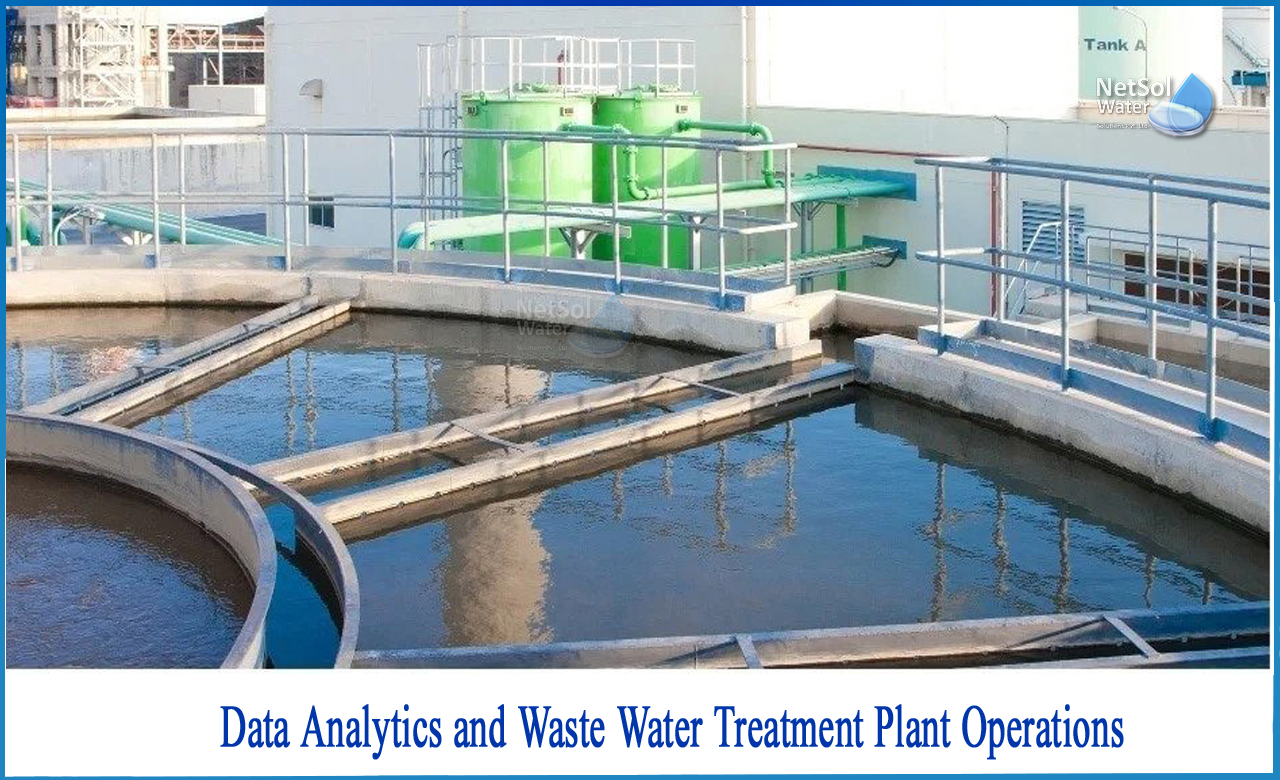What is the relation between Data Analytics and WWTP?
Before being returned to the company's production lines, a local water supply is allowed to enter municipal sewers for treatment at district's water treatment plant. Because the wastewater produced by various businesses might contain a variety of pollutants, it is critical to cleanse the water. Ammonia, fat, and coliform bacteria may be present in high concentrations in the food sector. Heavy metals can be found in high concentrations in power plants. To prevent harm to humans or the environment, water from these businesses must be treated properly.
It is necessary to ensure that wastewater is properly handled. We don't want to risk discharging untreated overflow or water that doesn't match the current regulations. Fines for releasing untreated or inadequately treated water can be costly both financially and in terms of reputational damage. One must also ensure that money is not wasted on inefficient operations and excessive maintenance.
Paying attention to the data the systems collect is the greatest way to optimize industrial wastewater treatment. Look for trends and patterns in the operational data at all phases of the wastewater treatment process. It's simple to collect and evaluate data if one has a modern wastewater equipment.
What does analytics teach you about one’s data?
An integrated analytical tool takes raw data over time and provides reports that summarize the information and produce trend graphs. The data becomes significantly more relevant when each component of the treatment system can be examined separately.
Analytics can assist one in the following ways:
- Improve the therapy procedure
- Compare systems across different locations to maintain continual regulatory compliance
- Extend choices for recycling and reusing wastewater
- Keep wastewater chemical costs low
- Poor ability to detect equipment flaws
What methods are used to acquire wastewater data?
Many firms are realizing the value of investing in analytical programs for their operations now that sensors and technology are more efficient and affordable. Sensors are commonly placed at important points in the wastewater treatment process. The data is used in real time by operators and controllers to keep the operation functioning smoothly.
The same data, collected over time, can be used by analytical technologies to increase equipment efficiency, estimate the life expectancy of important components, and plan for repairs, updates, or retrofits. Understanding one's data can help identify growing concerns on a site-by-site basis as well as when comparing numerous sites.
Use of Analytics to Improve the Treatment Procedure
The ability to evaluate and contrast wastewater treatment systems across several locations has numerous advantages. The use of integrated data across sites allows for comparisons of wastewater generation and treatment. Larger organizations can increase efficiency by reducing chemical inputs, operator time, and improving effluent quality by combining data from several facilities with comparable goals and waste.
Analytical tools: Ensure regulatory compliance and expand wastewater recovery
The criteria for complying with wastewater regulations and recycling wastewater are often the same. A breach of water quality standard can cost money (compliance fees or surcharges), and sending low-quality recycled water back into the process might cause serious production issues.Monitoring crucial control points and using real-time data with limitations set to trigger controllers or inform operators of low-quality effluent is the last line of defense when it comes to compliance. Any slow decreases in the performance of treatment components over time becomes obvious with an integrated analytics tool, allowing one to take action long before any alarms.
Conclusion
Managers can benefit greatly from predictive analytics. One can optimize overall wastewater treatment operations over time and across numerous sites by using historical data to predict future events. As a result, expenses are lowered, efficiency is raised, and regulatory compliance is assured.
Netsol Water is constantly looking for new ways to improve. Netsol can help one to enhance the industrial wastewater treatment system by integrating new automation technology with a sophisticated analytical tool.
Netsol Water is Greater Noida-based leading water & wastewater treatment plant manufacturer. We are industry's most demanding company based on client review and work quality. We are known as best commercial RO plant manufacturers, industrial RO plant manufacturer, sewage treatment plant manufacturer, Water Softener Plant Manufacturers and effluent treatment plant manufacturers. Apart from this 24x7 customer support is our USP. Call on +91-9650608473, or write us at enquiry@netsolwater.com for any support, inquiry or product-purchase related query.



